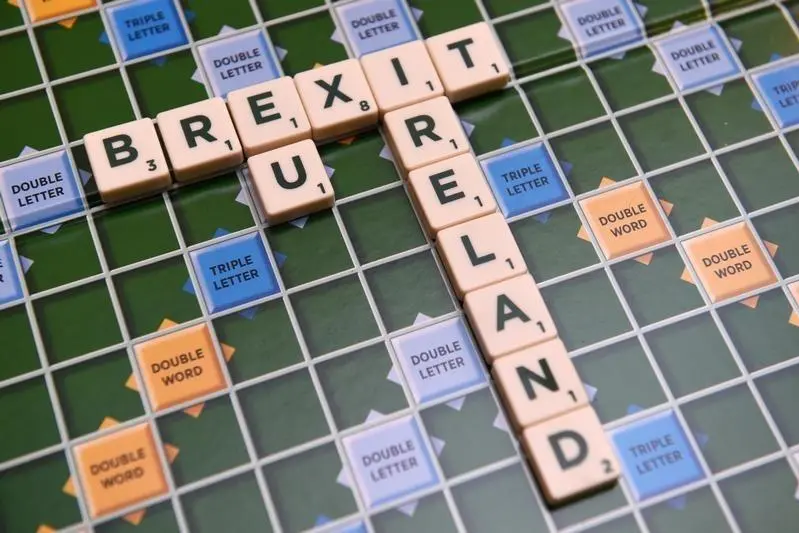PHOTO
(The author is a Reuters Breakingviews columnist. The opinions expressed are his own.)
By George Hay
LONDON, March 8 (Reuters Breakingviews) - In the 1980s, the makers of Stella Artois came up with a new way to advertise their premium lager. Instead of downplaying their product’s higher price tag, ad men successfully dubbed it “reassuringly expensive”. If those backing Britain’s exit from the European Union want to be taken seriously, they should take a similar approach to the Brexit bill that’s being threatened by EU negotiators.
Right now, the idea the UK should contribute anything at all - far less the 60 billion euro demand attributed to EU chief negotiator Michel Barnier - is politically toxic. Barnier’s number can be arrived at by assuming Britain has a 12 percent share of the EU’s pension liability, unpaid spending commitments and funding due to be handed out after Britain leaves but before the end of 2020, according to the Centre for European Reform.
A report from the UK’s House of Lords on March 4 concluded that Britain would be legally entitled to walk away without paying a cent if a withdrawal agreement with the EU fails. That’s an unhelpful way to approach the problem, though. By doing so, Prime Minister Theresa May would virtually guarantee an acrimonious outcome with no preferential access for British exporters, carmakers, pharmaceutical companies or financial providers - hardly in the country’s interest.
Think about it another way: what’s the value of escaping Britain’s obligation to pay into the EU budget? Approached that way, the bill starts to look cheap. Britain pays 7.1 billion pounds annually, adjusted for the rebate and funding it gets back. Value those cashflows, heading off into perpetuity, at the 3.5 percent discount rate used for UK public sector costs and benefits, and they amount to a present value liability exceeding 200 billion pounds (231 billion euros). Getting shot of that for a payment of 60 billion euros sounds like a fair deal. Even if the discount rate used is a more corporate-sounding 10 percent, Britain still ends up better off.
That kind of analysis makes the big assumption that there are no extra long-term costs to the British economy of leaving the EU. That is questionable. Yet it is the argument on which much support for Brexit relies. If Brexiters really believed that, they’d be arguing that 60 billion euros is well worth it.
On Twitter https://twitter.com/gfhay
CONTEXT NEWS
- If the UK fails to reach a withdrawal agreement with the European Union within its Article 50 time limit, it will be subject to no enforceable obligation to make a financial contribution to the EU budget, a House of Lords report released on March 4 has argued.
- SIGN UP FOR BREAKINGVIEWS EMAIL ALERTS http://bit.ly/BVsubscribe
© Reuters News 2017





















